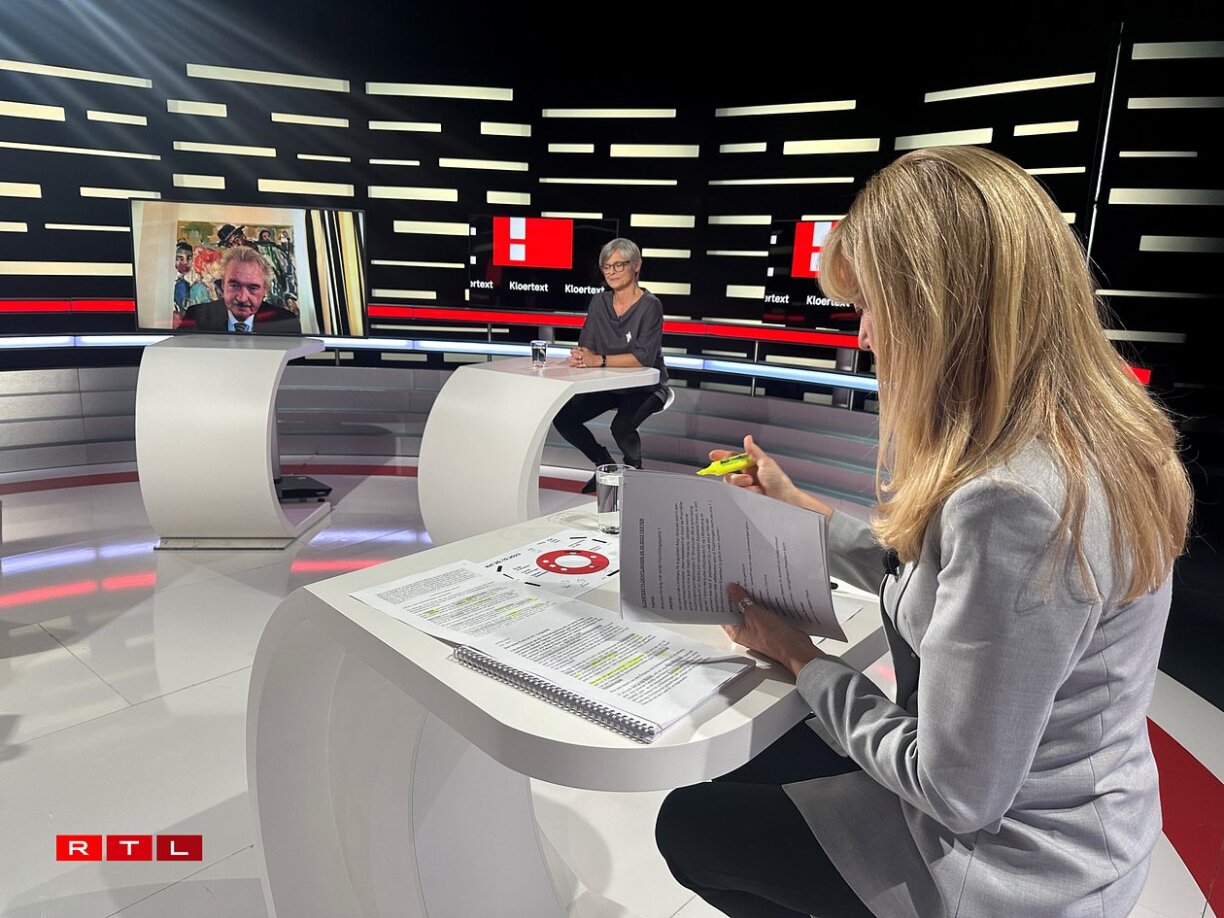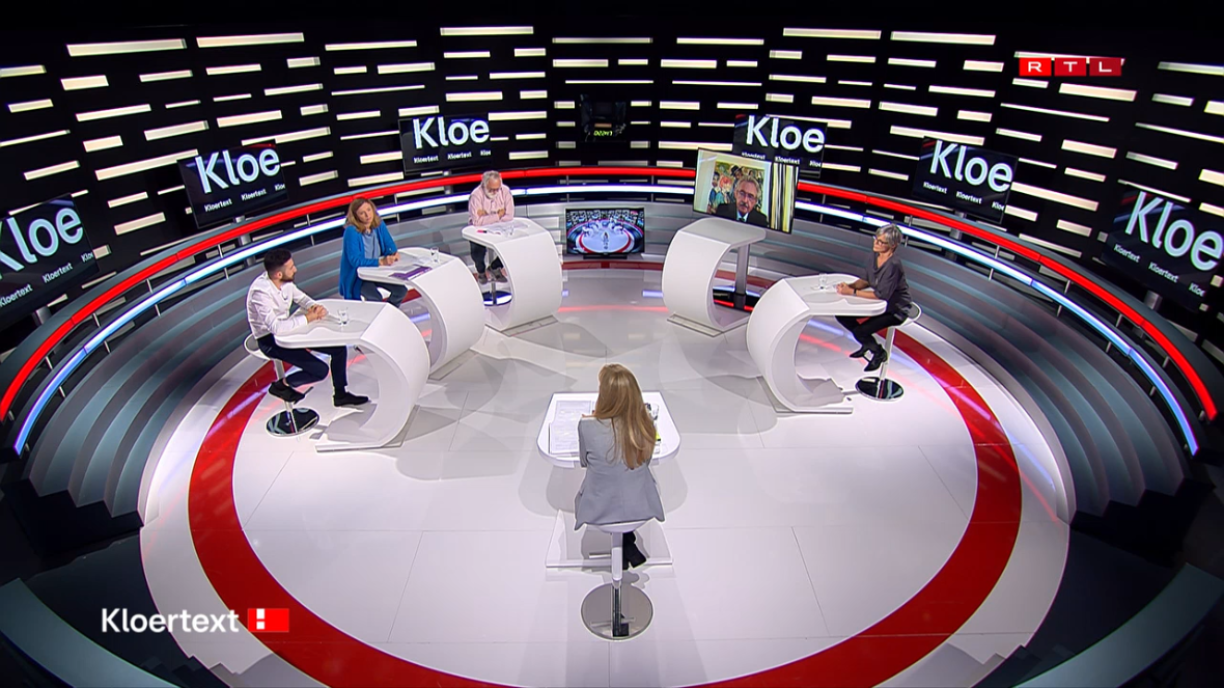
The debate occurred one week after Acting Minister of Foreign Affairs and Immigration Jean Asselborn announced that “priorities” had to be set regarding refugee intake.
As part of this approach, single men who have already sought asylum in another country are currently placed on a waiting list.
This measure has sparked concerns from refugee organisations about the potential for these individuals to become homeless, but “there is no other way”, Asselborn lamented.
Emphasising that the decision was not made “on a whim,” the Minister of Foreign Affairs and Immigration asserted, “I resisted it for a long time. I argued all summer with the National Reception Office to explore alternative solutions, but we didn’t find any. It is nonsense to suggest that I am throwing all of these people out. I have never kicked anyone out, neither from Syria nor Afghanistan, and I don’t want everything to be turned upside down. However, my aim is to ensure that women and children can find refuge in Luxembourg in the future.”
Over recent years, the capacity of refugee accommodations has expanded from 3,700 to 7,700 beds. But Luxembourg’s current challenges are not primarily due to a significant surge in the number of refugees entering the country, clarified Carole Reckinger, the political spokesperson for Caritas. “When examining the statistics, it becomes evident that the influx of refugees has not substantially increased in comparison to previous years, especially in contrast to the years 2017 and 2018. The problem is that the beds in the structures are occupied by people who have the status and can’t find anything on the housing market.”
In the context of this discussion, the role of municipalities also took the spotlight. Serge Kollwelter, spokesperson for the advocacy group Ronnen Dësch (“Roundtable”), which promotes reception and integration, underscored the need for greater accountability among municipalities. He highlighted the system in Germany where refugees are officially allocated to federal states, districts, and municipalities. Kollwelter stressed that Minister Asselborn had previously made numerous appeals with minimal response and proposed that the present time, with no imminent municipal elections and a new government on the horizon, could be an opportune time for legislative action.
Among the guests was also Ayham Bawadekjie, a young man who fled Syria in late 2014. He recounted his harrowing journey to Luxembourg, where he received a second chance at life after war shattered his future.
Bawadekjie’s story began with his escape from the Syrian civil war at the close of 2014, embarking on the perilous and illegal route that required a payment of approximately €9,000 at the time. As there is still no legal way for refugees to reach Europe, this dangerous option is the only way out. His journey led him from Syria to Turkey, where he, along with around 40 others, including children and the elderly, boarded a rubber dinghy bound for Greece. “I was very scared,” he recollected.
When asked if he understood the extent of the danger prior to his departure, Bawadekjie admitted that while he could not envision the full extent of the peril, he had an inkling of the risks, as a friend had shared her own experiences.
After arriving in Greece, he proceeded through Europe, ultimately finding his way to Luxembourg. Initially, he was placed in the contentious Don Bosco reception centre, which, though not as dilapidated as it is today, posed considerable challenges. Bawadekjie shared a room with six or seven other men, underscoring the crowded conditions and the strain on refugees’ emotional well-being, saying, “Refugees worry a lot about their children and their families back in their war-torn homeland. It’s entirely understandable [that there are tensions]; these people are living with constant anxiety.”
Later, he was relocated to another reception centre in Wecker, where he encountered a woman who offered him and another refugee a place in her home. This act of kindness not only marked a turning point for Bawadekjie but also served as his first contact with the local Luxembourgish community.
Subsequently, he pursued studies at the University of Luxembourg and secured employment at a company that supported him in learning Luxembourgish.
Carole Reckinger
Political Affairs Speaker, Caritas
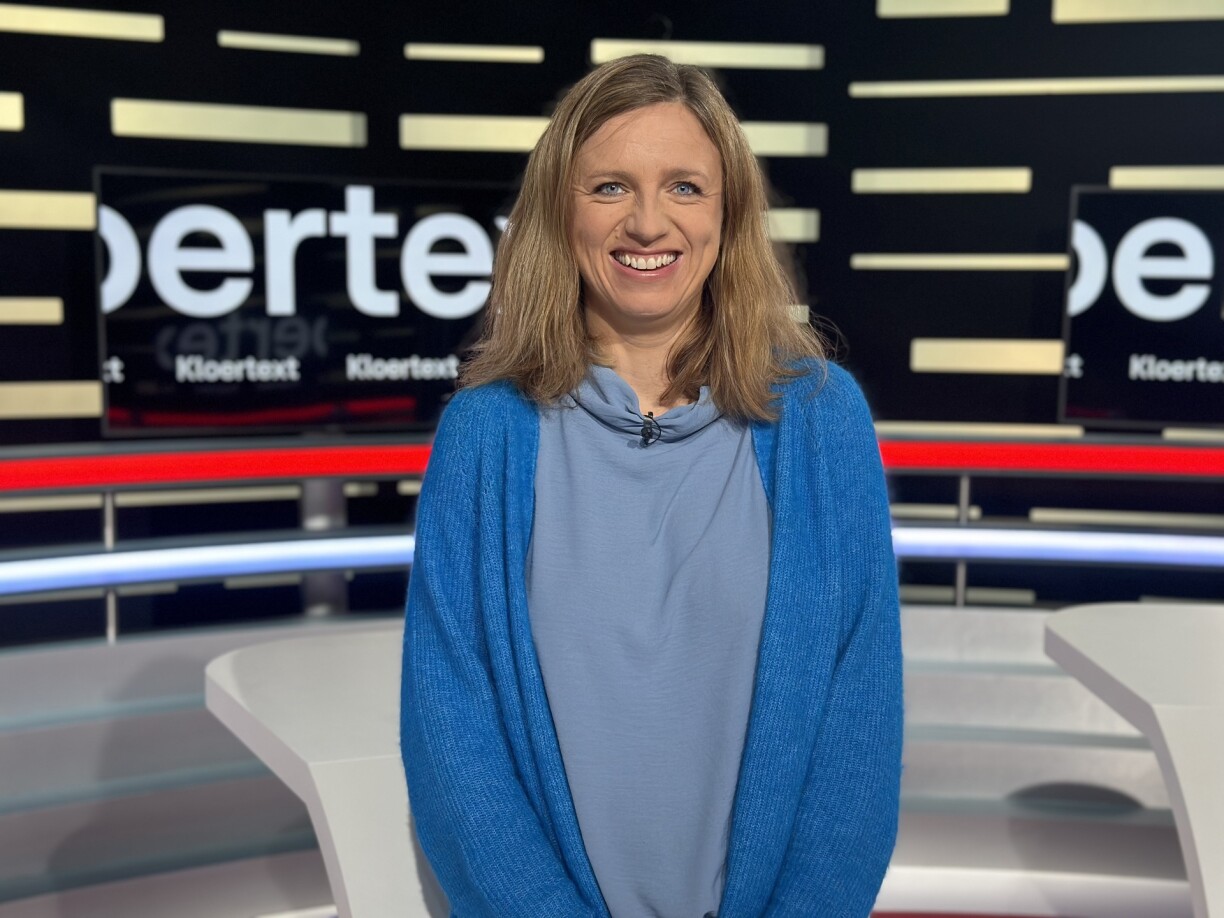
Serge Kollwelter
Speaker Ronnen Dësch, advocacy group for reception and integration
Human rights activist / former president of the Association for the Support of Immigrant Workers (ASTI)
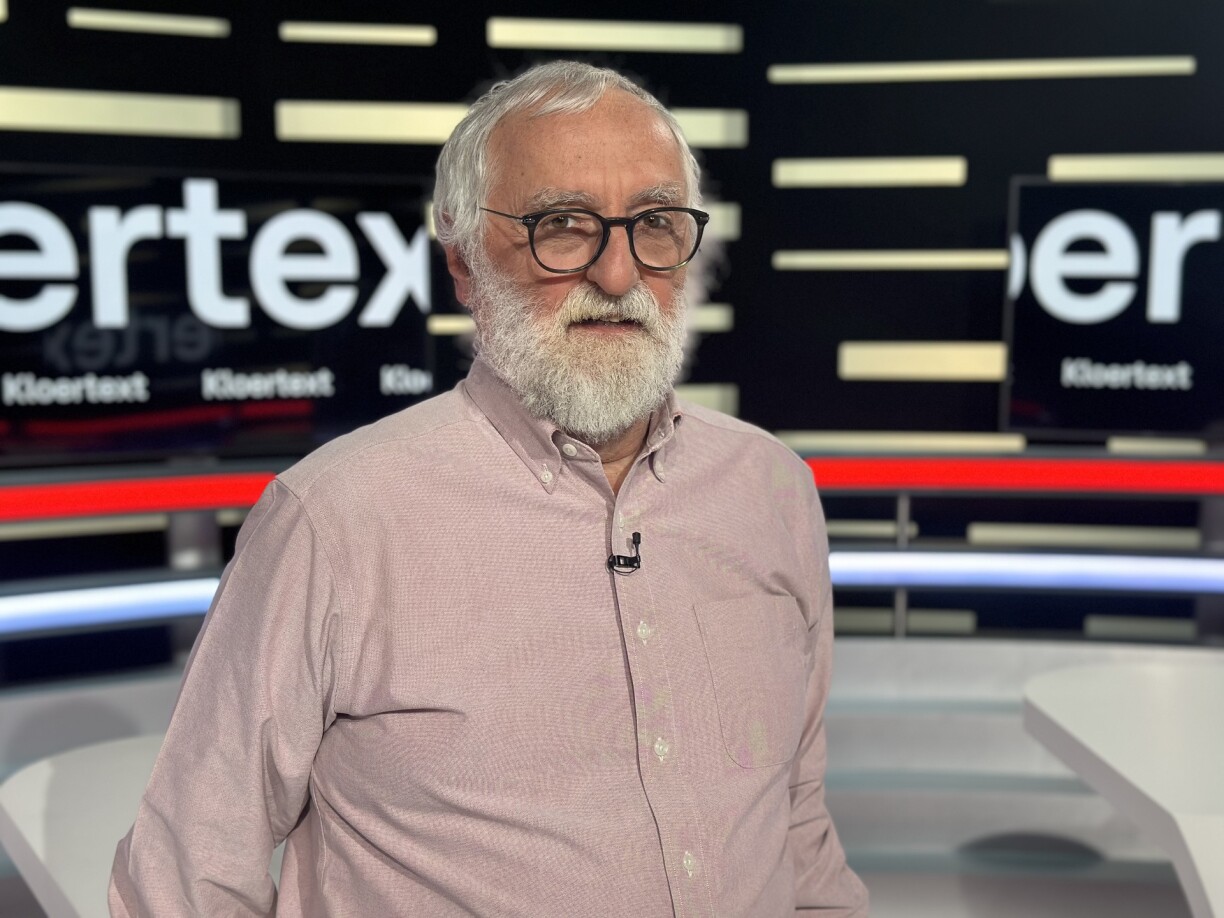
Marianne Donven
Founder of Oppent Haus (“Open House”)
Founder and manager of “Chiche” chain of restaurants
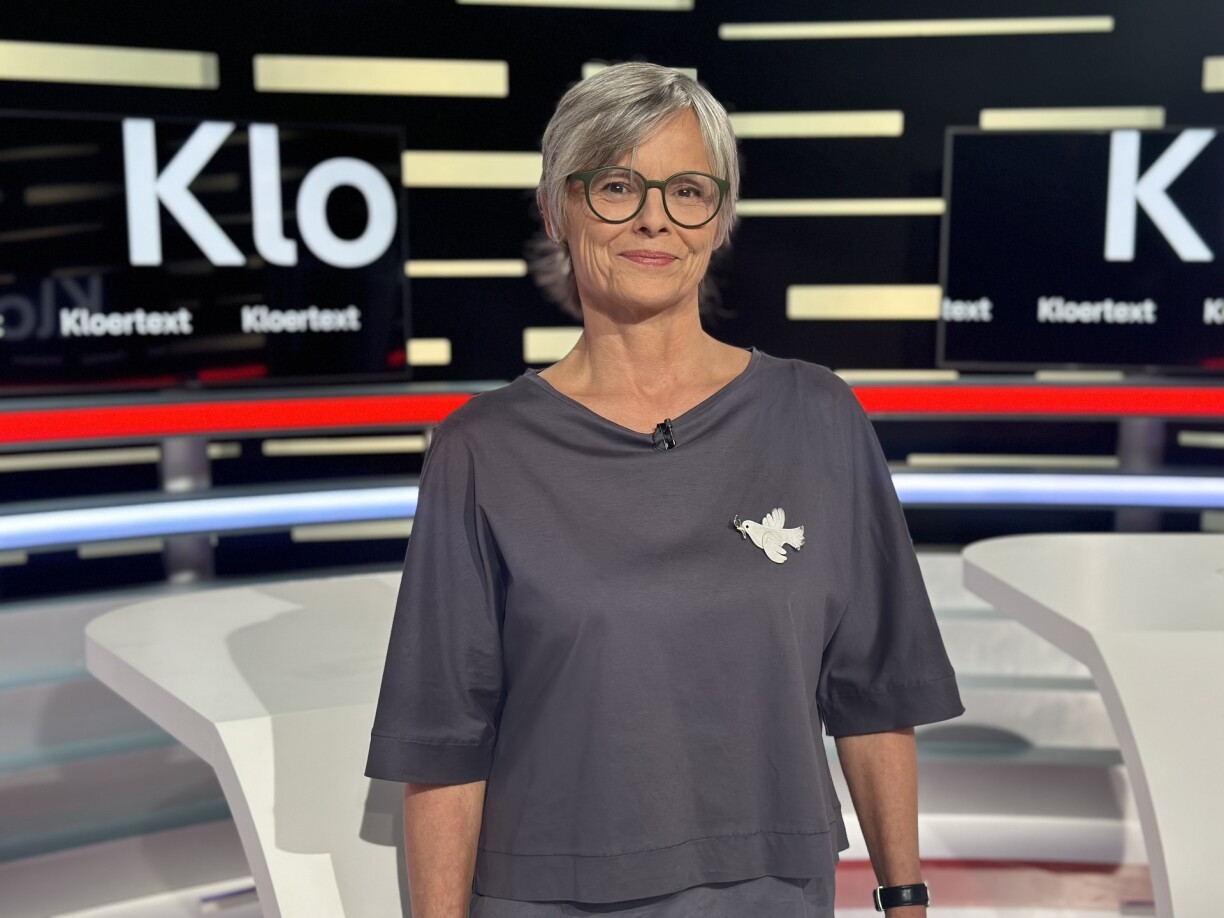
Ayham Bawadekji
Fled Syria in late 2014
Studied in Luxembourg, now employed in the Grand Duchy and a naturalised citizen

Jean Asselborn
Acting Minister of Foreign Affairs and Immigration
